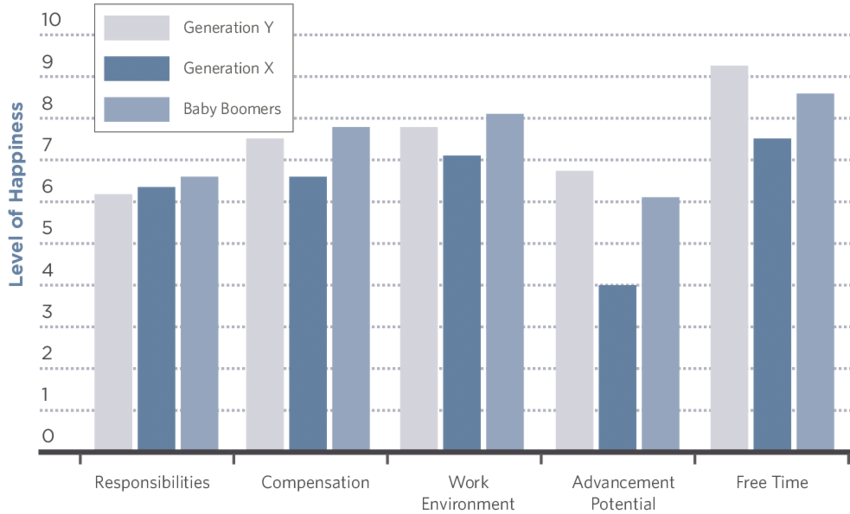
Creating a Positive Work Culture: Best Practices for Human Resources Professionals
Posted March 18, 2024 by Kristen Fox
A positive work culture plays a crucial role in driving employee engagement, motivation, and productivity within an organization. As HR professionals, it is essential to understand the significance of fostering a work environment that promotes well-being, collaboration, and a sense of belonging among employees. By implementing best practices and initiatives aimed at cultivating a positive workplace culture, HR professionals can contribute to the overall success and sustainability of the organization.
Fostering Effective Communication Channels
Effective communication is the cornerstone of a positive work culture, and HR professionals play a crucial role in establishing open and transparent channels of communication within the organization. By fostering a culture of communication that encourages feedback, active listening, and dialogue, HR professionals can enhance employee engagement, collaboration, and trust. Regular communication about organizational changes, updates, and initiatives helps employees feel informed and involved in the decision-making process. Implementing regular meetings, one-on-one discussions, and feedback sessions can facilitate a culture of open communication and create a supportive work environment where employees feel valued and heard.

Promoting Work-Life Balance and Well-being Initiatives
Work-life balance and employee well-being are essential components of a positive work culture, and HR professionals can play a pivotal role in promoting initiatives that prioritize the holistic well-being of employees. Implementing flexible work arrangements, wellness programs, and mental health resources can help employees manage stress, improve productivity, and maintain a healthy work-life balance. By investing in well-being initiatives and promoting a culture that values self-care and mental health, organizations can reduce absenteeism, turnover rates, and enhance employee morale and job satisfaction. Encouraging employees to prioritize self-care, set boundaries, and recharge is crucial in creating a work environment that supports the overall well-being and performance of employees.
Creating a positive work culture requires a concerted effort from HR professionals to prioritize effective communication, recognition, work-life balance, professional development, and collaboration. By implementing best practices and initiatives that foster a supportive and inclusive work environment, HR professionals can cultivate a culture where employees feel valued, motivated, and empowered to succeed. Ultimately, a positive work culture not only enhances employee satisfaction and retention but also contributes to the overall success and competitiveness of the organization in the long run.
More from Bridging Business and Education
Ten Tips for Effective Email Communication in the Workplace
Posted March 15, 2024
Learn practical tips for enhancing email communication and productivity in the workplace.
Navigating the Challenges of Diversity in Higher Education Administration
Posted March 1, 2024
Explore strategies for effectively addressing diversity challenges in higher education administration.
The Benefits of Implementing a Mentoring Program in Your Business
Posted February 15, 2024
Discover the advantages of implementing a mentoring program for professional growth within your business.
How to Successfully Lead a Team in a Virtual Environment
Posted February 1, 2024
Master the art of leading and managing teams in a virtual work environment.
The Role of Emotional Intelligence in Business Leadership
Posted January 15, 2024
Understand the significance of emotional intelligence in achieving successful business leadership.
Innovative Ways to Improve Student Engagement in Higher Ed
Posted January 1, 2024
Explore innovative approaches to enhancing student engagement in higher education settings.

